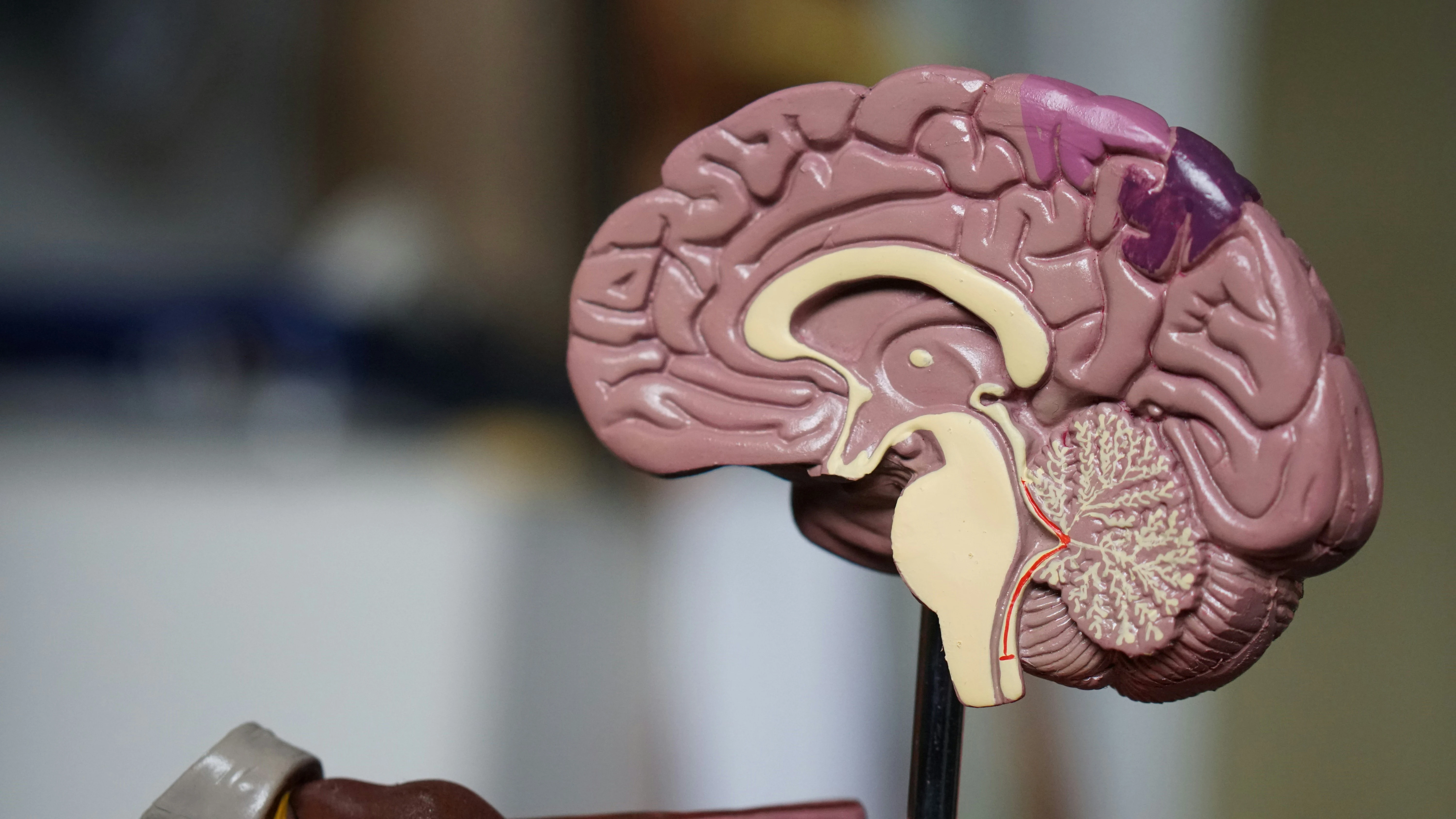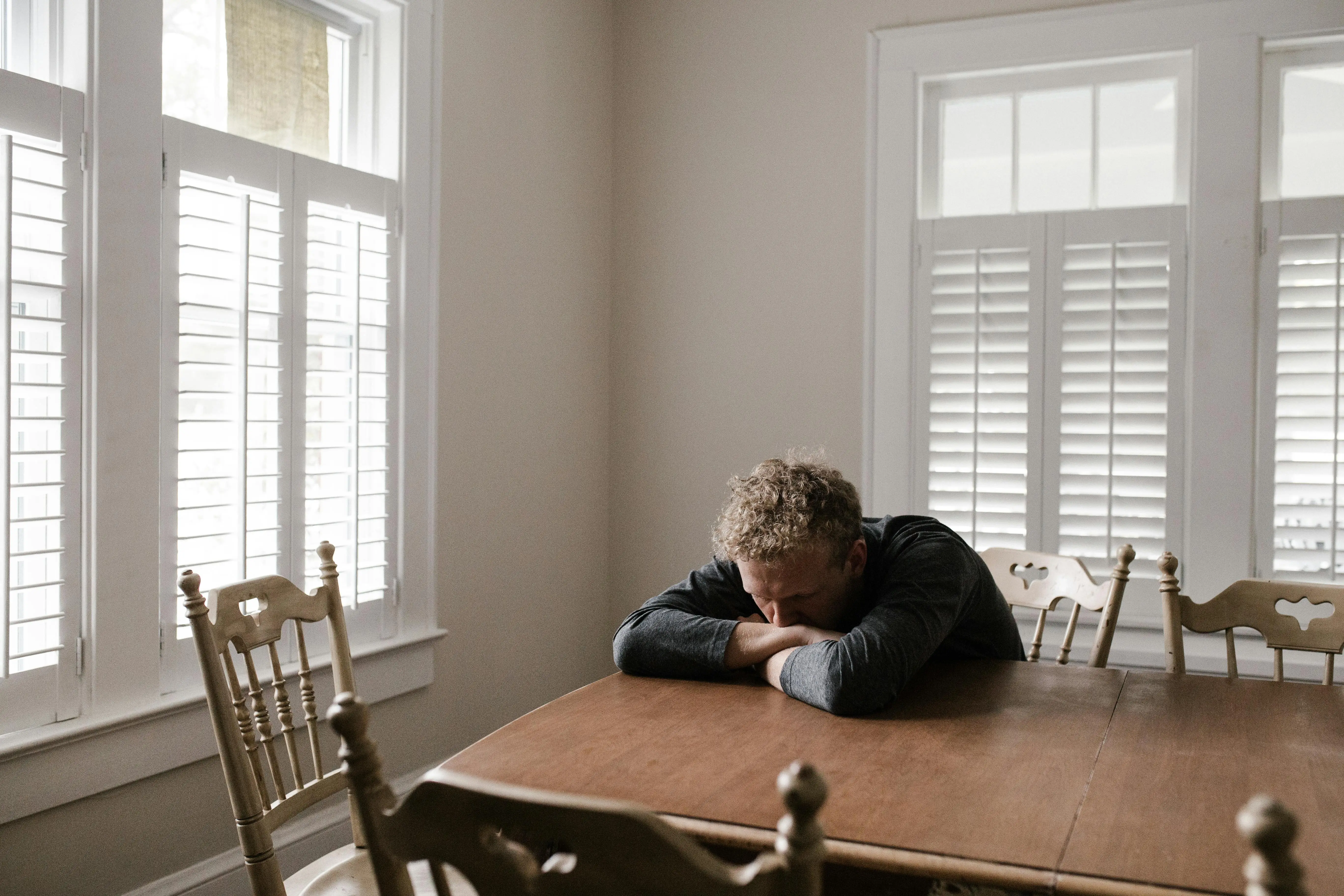

In today’s fast-paced world, anxiety has become a common mental health concern affecting millions of individuals worldwide. Whether triggered by work stress, relationship issues, or personal challenges, anxiety can significantly impact one’s quality of life. Fortunately, mental health counseling services offer effective therapy options to address anxiety and promote emotional well-being. In this comprehensive guide, we’ll delve into the world of mental health counseling services, focusing on therapy for anxiety. From understanding anxiety disorders to exploring therapy options and coping strategies, we’ll cover everything you need to know to embark on your journey toward better mental health.
What Are Mental Health Counseling Services?
Mental health counseling encompasses a range of therapeutic interventions aimed at addressing various mental health concerns, including anxiety, depression, trauma, and more. These services are provided by licensed mental health professionals, such as psychologists, counselors, and therapists, who are trained to assess, diagnose, and treat individuals experiencing emotional distress or psychological disorders. Through individual therapy, group therapy, or couples therapy sessions, mental health counseling aims to improve clients’ mental and emotional well-being, enhance coping skills, and foster personal growth and resilience.
Understanding Anxiety: Types, Symptoms, and Causes:
Anxiety is a natural response to stress or perceived threats, but when experienced excessively or persistently, it can develop into an anxiety disorder. There are several types of anxiety disorders, including generalized anxiety disorder (GAD), social anxiety disorder, panic disorder, and specific phobias, each characterized by distinct symptoms and triggers. Common symptoms of anxiety may include excessive worry, restlessness, irritability, muscle tension, difficulty concentrating, and physical symptoms such as rapid heartbeat or sweating. The causes of anxiety disorders are multifaceted and may involve genetic predisposition, brain chemistry, environmental factors, traumatic experiences, or ongoing stressors.
Therapeutic Approaches for Treating Anxiety:
Mental health counseling services offer a variety of therapeutic approaches to address anxiety and its related symptoms. Cognitive-behavioral therapy (CBT) is one of the most widely used and evidence-based treatments for anxiety disorders. CBT focuses on identifying and challenging negative thought patterns and beliefs that contribute to anxiety, as well as teaching coping skills and relaxation techniques to manage symptoms effectively. Other therapeutic modalities commonly used in treating anxiety include mindfulness-based therapies, exposure therapy, dialectical behavior therapy (DBT), acceptance and commitment therapy (ACT), and psychodynamic therapy. The choice of treatment depends on the individual’s unique needs, preferences, and the severity of their anxiety symptoms.
Benefits of Seeking Mental Health Counseling Services for Anxiety:
Seeking mental health counseling for anxiety can have numerous benefits for individuals struggling with this challenging condition. Therapy provides a safe and supportive environment for individuals to explore their thoughts, feelings, and behaviors related to anxiety without fear of judgment or stigma. Through therapy, clients can gain valuable insights into the underlying causes of their stress and develop effective coping strategies to manage symptoms and improve their overall quality of life. Additionally, therapy offers a sense of empowerment and hope, helping individuals regain control over their lives and build resilience in the face of adversity.
FAQs About Mental Health Counseling Services for Anxiety:
Q: How do I know if I need mental health counseling services for anxiety?
If you’re experiencing persistent or overwhelming feelings of anxiety that interfere with your daily life, relationships, or work performance, seeking professional help may be beneficial. Signs that you may benefit from mental health counseling include excessive worry, avoidance behaviors, physical symptoms of anxiety, and difficulty functioning in everyday situations.
Q: What can I expect during a mental health counseling session for anxiety?
During a mental health counseling session for anxiety, you can expect to discuss your symptoms, concerns, and goals with a trained therapist in a confidential and non-judgmental setting. Your therapist will work collaboratively with you to develop a personalized treatment plan tailored to your specific needs and preferences. Therapy sessions may involve a combination of talk therapy, behavioral techniques, relaxation exercises, and homework assignments to address your anxiety symptoms effectively.
Q: How long does it take to see results from mental health counseling services for anxiety?
The timeline for seeing results from mental health counseling services for anxiety varies depending on individual factors such as the severity of your symptoms, your commitment to therapy, and the effectiveness of the treatment approach. Some individuals may experience improvements in their anxiety symptoms within a few sessions, while others may require longer-term treatment to achieve significant progress. Consistency, open communication with your therapist, and active participation in therapy are critical factors in achieving positive outcomes.
Q: Does insurance cover mental health counseling services for anxiety treatment?
Many health insurance plans cover mental health services, including therapy for anxiety treatment. However, coverage may vary depending on your insurance plan, deductible, copayment, and provider network. It’s advisable to contact your insurance company or mental health provider to verify your coverage and understand any out-of-pocket expenses associated with therapy sessions.
Q: Can I benefit from mental health counseling services for anxiety if I’m already taking medication?
Yes, mental health counseling services can be beneficial for individuals with anxiety who are already taking medication. Therapy can complement medication by addressing underlying psychological factors contributing to anxiety and teaching coping skills to manage symptoms more effectively. Your therapist can work with your prescribing physician to ensure coordinated care and optimize treatment outcomes.
Tips for Managing Anxiety Between Counseling Sessions:
While mental health counseling services provide valuable support and guidance for managing anxiety, there are also steps individuals can take to cope with anxiety between therapy sessions:
- Practice relaxation techniques such as deep breathing, meditation, or progressive muscle relaxation to calm your mind and body.
- Regular physical activity reduces stress and tension, boosts your mood, and improves overall well-being.
- Maintain a healthy lifestyle by eating nutritious foods, getting adequate sleep, and avoiding excessive caffeine, alcohol, and nicotine.
- Limit exposure to stressors and triggers that exacerbate your anxiety, such as negative news or social media, and prioritize self-care activities that promote relaxation and enjoyment.
- Build a strong support network of friends, family members, or support groups who can provide encouragement, empathy, and understanding during difficult times.
- Challenge negative thoughts and beliefs associated with anxiety by practicing cognitive-behavioral techniques, such as thought records or cognitive restructuring.
- Create a daily routine or schedule that includes structured activities, meaningful goals, and opportunities for relaxation and leisure.
Conclusion:
Anxiety can be a challenging and debilitating condition, but with the proper support and treatment, individuals can learn to manage their symptoms effectively and improve their quality of life. Mental health counseling services offer a range of therapeutic interventions tailored to address anxiety and promote emotional well-being. By seeking professional help, individuals can gain valuable insights, develop coping skills, and build resilience in the face of anxiety. Remember, you’re not alone, and help is available. Don’t hesitate to contact a qualified mental health professional to support your journey towards better mental health and wellness.



